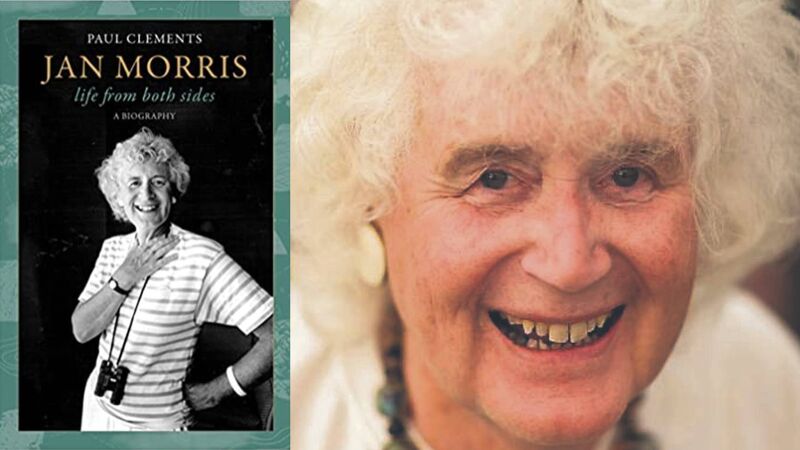Book Review: The incredible life and career of Jan Morris captured on paper

Jan Morris' scope was huge, her appetite insatiable, her views frequently controversial
- Jan Morris: Life from
- Both Sides, A Biography
- Paul Clements
- Scribe, €28.65
Try from €1.50 / week
SUBSCRIBE
Jan Morris' scope was huge, her appetite insatiable, her views frequently controversial
Already a subscriber? Sign in
You have reached your article limit.
Annual €130 €80
Best value
Monthly €12€6 / month
Introductory offers for new customers. Annual billed once for first year. Renews at €130. Monthly initial discount (first 3 months) billed monthly, then €12 a month. Ts&Cs apply.
Newsletter
Music, film art, culture, books and more from Munster and beyond.......curated weekly by the Irish Examiner Arts Editor.
Newsletter
Music, film art, culture, books and more from Munster and beyond.......curated weekly by the Irish Examiner Arts Editor.
© Examiner Echo Group Limited